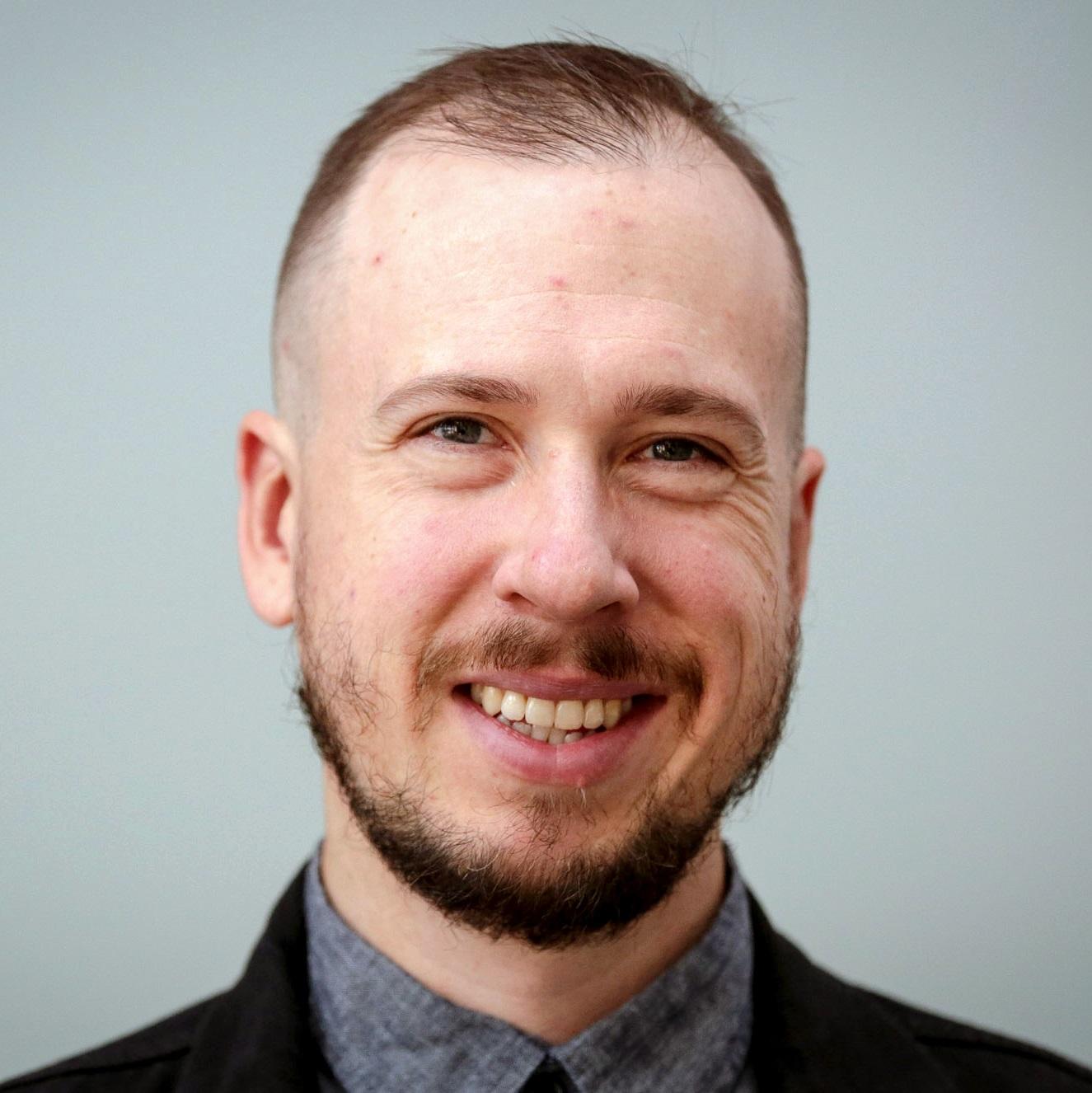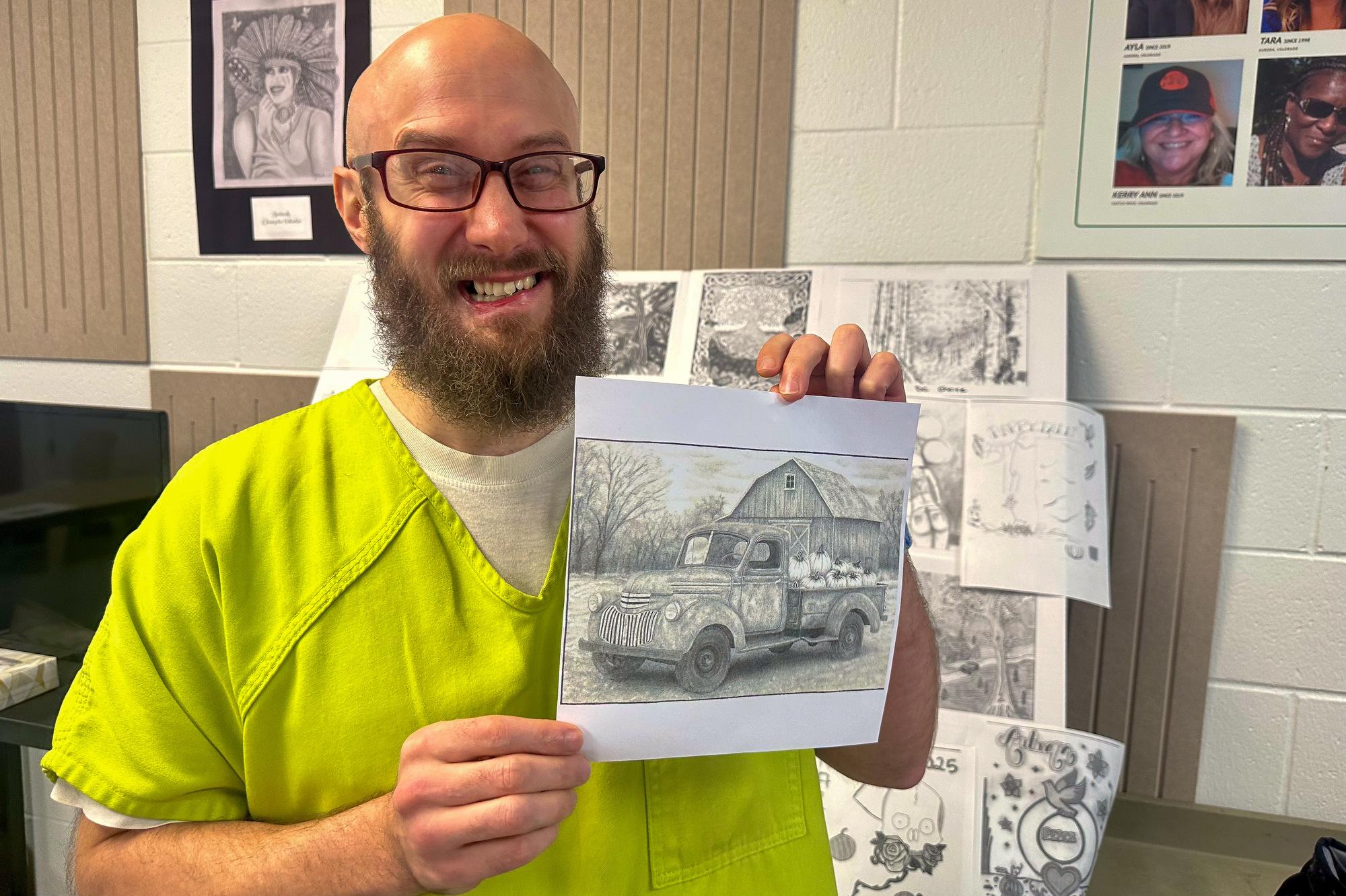 In 1974, Tony Garcia stopped to stay in Laredo, Texas, on his way to a theater festival in Mexico City.
In 1974, Tony Garcia stopped to stay in Laredo, Texas, on his way to a theater festival in Mexico City.
The Colorado native was asked to help move an elderly woman into the barrio. When he arrived at her house, Garcia says he was shocked to see its condition.
“I thought I had seen poverty growing up in the projects, but her house had no windows. It was tiny and really run down,” Garcia, now the artistic director at Denver's major Latino and Chicano theater company, Su Teatro, says. “It was hard to believe that what I thought was poor was so much better than what others were living in.”
Garcia learned something else while in Laredo.
“I was told that the woman was Heriberto Teran’s grandmother, and that he had recently been killed in the bombings in Boulder,” Garcia says.
Heriberto Teran is one of "Los Seis de Boulder." The name denotes the six members of the Chicano community – most of them students at or graduates of the University of Colorado Boulder – who died as a result of two car bombings that occurred two days apart in May 1974.
According to Garcia, many Chicano activists at the time believed the six were murdered, while the police believed the victims accidentally detonated their own bombs.
Now 40 years after the tragedy, the topic remains a controversial one within the Chicano community.
Both the actual events and the speculation surrounding them inspired “Cuarenta y Ocho,” a new play written and directed by Garcia with musical direction by Daniel Valdez. The production premieres June 12 and runs through June 28 at Su Teatro.
As Garcia started developing the script, many people reached out and offered stories and other sources of information, further revealing the complexities of this historical event.
"I figured that the answers were yes, no and probably," Garcia says. "Yes, there was a lot of stuff going on -- on both sides. No, it was probably not very organized or sophisticated. And probably, it was more than any of us could imagine."
CPR caught up with Garcia to learn more about the work.
CPR: You joined Su Teatro as a student in 1972. What do you remember about Los Seis de Boulder and how the bombings affected the Chicano community?
Tony Garcia: I had been aware of the bombings, as I had attended the University of Colorado Boulder since fall 1973. I dropped out in spring 1974 to return to the University of Colorado Denver and prep for the Teatro Festival in Mexico City. By this time, I was seeing culture as a viable element of the social and political struggle. If I had stayed, it’s possible that I would have been more engaged in the action. In those days though, Denver and Boulder were worlds apart, and so much of the immediate impact was not apparent. It wasn’t until I returned to Boulder in the fall of 1974 for a performance that I realized that so many people were gone. Some of the leadership had graduated; some had moved away. It was a different place. With the presence of the FBI, the Bureau of Alcohol, Tobacco and Firearms, the local cops and the grand jury subpoenas, Boulder was not a real desirable place to be. There is always a lurking question of who benefited the most from the bombings, and I don't think it was the Chicano Movement. For me, the apex of the Chicano Movement in Colorado is bookended by the fiery West High School blowouts in 1969 and the explosive deaths of Los Seis de Boulder.
CPR: Why did you decide to adapt this story for the stage?
Tony Garcia: This story is truly one of the great untold stories of Colorado history. Although the grand jury and the police say that Los Seis blew themselves up, they really never investigated any other possibility. They only looked at one side, and then sealed the information. There is no information in the FBI files. I am not a conspiracy guy, I just haven’t seen the competency to make a good conspiracy happen. So it makes a great mystery. And it also gives a sense of the passion of the movement -- something in many ways this present generation lacks as a whole. What is the issue we are committed to today? What would be the cause that would make us willing to sacrifice our lives? The models that younger generations view are people who are obsessed with self. What will be the size of my contract? Their happiness is often measured only in material terms. So what if there were people who were willing to place everything on the line for a future generation? The battle in Boulder was about opening the doors of education to Chicanos. They felt in that moment if they did not win, that the programs would be cut and all would be lost. Their kids would never have any options. Every Chicano who has ever graduated from CU-Boulder, and any other university for that matter, owes them a debt of gratitude.
CPR: Describe the process of researching the events and their aftermath, and then later writing the work.
Tony Garcia: A few years back, a friend invited me to his house. He had been a prominent member of a local Chicano activist organization and was an author known for his meticulous research. In his house were stacks of papers, most of them FBI files acquired under the Freedom of Information Act. He began to tell me stories of all the connections taking place during the period of the Chicano Movement. He said he had been trying to find files on Los Seis but nothing existed. I walked away with my mind completely blown. There were a lot of "what ifs," which to me makes a good story. Once I announced the play, people began to contact me. They sent me reading materials and they told me stories. There was a lot of speculation. Then I stumbled onto a quote by Alfred Hitchcock that said, “The terror is not in the boom, it is in the anticipation of it.” [Editorial note: The Hitchcock quote appears more often as: "There is no terror in the bang, only in the anticipation of it."] I wanted to start the play with the first explosion and end the play with the second. Still, I wasn’t sure how I was going to tell the story of Los Seis without Los Seis, because in that 48-hour period there were only three people involved. Eventually, I created a parallel story that allowed me to bring in all the elements I wanted. People will see a pretty tense, poignant, challenging and – if you can believe it – funny exploration of those times and this particular event. Hitchcock’s line really gave focus and shape to the story that we wanted to tell. In many ways I feel the story found me.
CPR: You've said that time is a major character in this play. What do you mean by that?
Tony Garcia: There is a constant ticking of the clock, as it winds us down to the inevitable conclusion that another bomb will go off. We are caught in the confines of those 48 hours. Nothing can change the outcome, but that which will change forever is us. So time passes excruciatingly slow at times, but in reality it is time that is running out. It is in those moments when time slows that we can remember every detail, but in this case, we don’t want time to run out because it means someone will die. What we really want is the resolution to change. And that can’t happen, because history tells us that 48 hours after the first explosion there was a second explosion and three more people died. The clock is time, moving us deliberately toward that inevitability, reminding us we can only control our actions because we can’t control time.
CPR: This play as well as your previous production “Ludlow: El Grito de las Minas” are based on actual events. Why have you chosen to go this route?
Tony Garcia: Of the more than 30 plays I have written, about eight have true events connected to them. I am drawn to history, largely because it is stranger than anything I could make up. But I also think that as a lifelong resident of Denver, Colorado and the United States, I feel compelled to tell untold stories that generate from those places. As a Chicano, a Mexican-American, I feel we are still trying to tell our stories because we feel they have worth. Our stories place us in history and expose us as influencers in history. We have helped to shape this city, this country and this state. They show us as three-dimensional beings. We are flawed and heroic. Mostly, though, they preserve memory for the next generation. Without that memory, our children are lost. Every generation must search for its memory. My search has taken me to mining camps and college campuses. History is memory preserved. Memory is what allows us to outlive our lifespan, and that is what makes us eternal.
“Cuarenta y Ocho” runs June 12 - 28 at Su Teatro in Denver.









